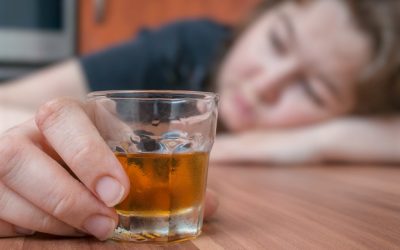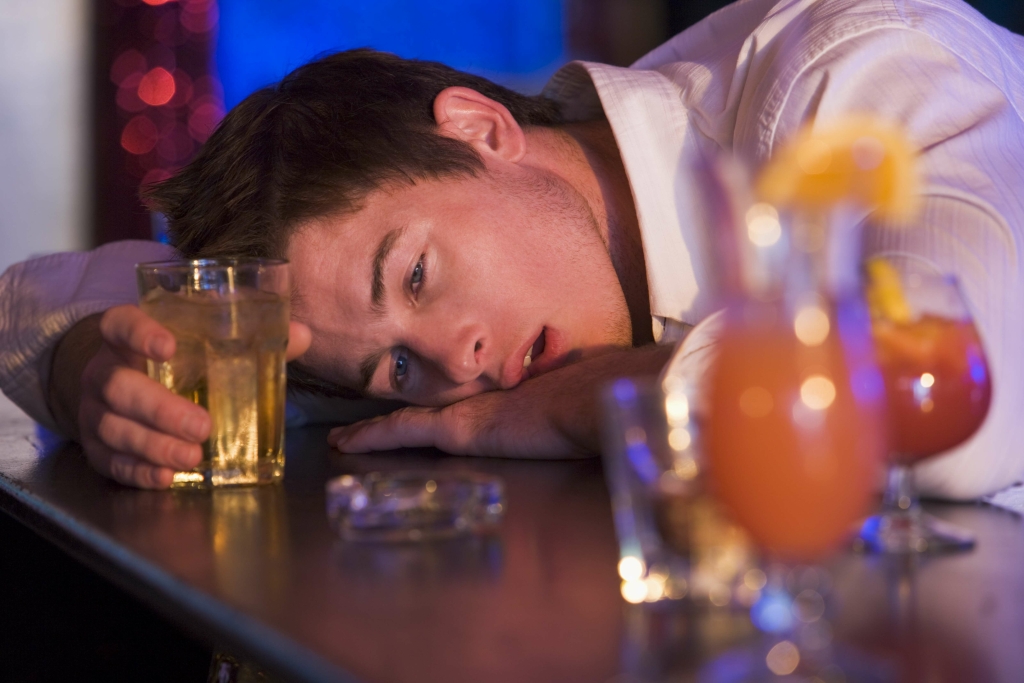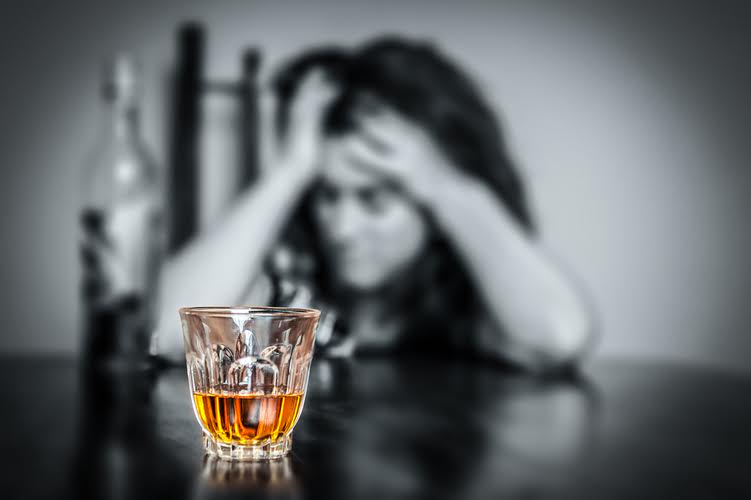GoodRx is not available outside of the United States and therefore, access to the site is blocked. If you are trying to access this site from the United States, please try heading to our homepage or our drug directory. If those pages do not work and you believe you are receiving this message in error, please reach out to In some individuals, Accutane can cause a sudden decrease in night vision, which makes driving hazardous. Combined with alcohol, there’s a serious risk of getting into an accident.
Denying Our Mental Health: Why We Do It and How To Move Past It
- Isotretinoin can be used to treat severe acne, but it has serious potential side effects and complications like birth defects, sun sensitivity, liver damage, and increased cholesterol levels.
- While full abstinence from alcohol is highly recommended, here are some harm reduction tips if you’re currently on Accutane and feel unsure about your choices.
- Learn more about Accutane, how it works, medication safety, and why you should avoid mixing Accutane with alcohol or other substances.
- Most doctors require blood work every month for patients on Accutane to ensure that it does not damage vital organs.
Medical experts generally advise against it, due to the potential risks to your liver and overall health. Common minor side effects, such as dry skin and dizziness, among others, may increase with alcohol. It also elevates the risk of liver strain and mental byproducts such as depression or anger. In some cases, people taking low doses of Accutane can occasionally have an alcoholic drink without any severe side effects. However, the damage to your body might not be as apparent as others. If you choose to drink despite your doctor’s warnings, then you may face serious consequences, including liver damage, high cholesterol, heart problems, and stroke.
There are times in life when it is best to take a break from drinking. It can be for a medical reason, such as an upcoming surgery or Accutane, or it can be for a social reason, like dry January. Either way, if you find that you simply cannot stop drinking even if you want to, it might be time to seek some help. When combined with Accutane, these effects of alcohol can be intensified, potentially leading to more severe complications. At Silicon Valley Recovery, our mission is to assist people in regaining their health and moving toward a better future. As a leading detox center, we provide compassionate, evidence-based care to support your transition to a healthier, substance-free life.
The reasons to avoid alcohol while taking the prescription medication Accutane are plentiful. Drinking alcohol while taking Accutane is like adding fuel to a slow-burning fire—it may not spark immediately, but the damage builds over time. Alcohol adds more pressure to that system, increasing the risk of dangerous complications. Whenever you take a substance, whether it’s a prescription drug, an over-the-counter (OTC) medicine, or an herbal supplement, there is the potential for side effects.
- When using Accutane, doctors tend to watch out for your liver doing its job through blood tests.
- One of the biggest concerns people have is what happens if you drink alcohol while taking Accutane.
- One of the most important considerations during Accutane treatment is whether you can safely drink alcohol.
- A large percentage of people with alcohol use disorder need help to quit.
- In case you are not sure, you should consult your doctor on whether to drink or not.
- Both substances are metabolized in the liver, so combining them places extra stress on the organ, potentially leading to inflammation, elevated enzyme levels, and long-term damage.
Some people can experience less common symptoms like increased sensitivity to the sun and headaches. For around85%of people who take Accutane, it completely clears up their acne by 16 weeks. For the rest, their acne typically clears after a longer course of treatment, sometimes up to 12 months. Skipping alcohol for a few months is a small price to pay for clearer skin and better long-term health outcomes.
Addiction Recovery & Detox FAQs
But some people wonder how long they need to wait before drinking after taking a dose of Accutane. If you’re taking Accutane at all, then you should not drink alcohol at any time. Accutane—also known by its generic name isotretinoin—is a powerful and widely used medication for treating severe acne. But with its incredible skin-clearing results come serious responsibilities and risks.
Talk to Your Health Care Provider
Contact Tennessee Behavioral Health today to speak with a care specialist. This blog unpacks what you need to know about the dangers of combining Accutane with alcohol, the science behind the risk, and the steps to take to stay safe. Also, many of the most common side effects including dryness can be solved with the use of moisturizer and SPF, and in some cases, acne what happens when you drink alcohol on accutane may get worse before it gets better.
Robin Recovery Cleveland, OH
If you’ve tried to quit drinking more than once or twice without success, it may be time to reach out for professional support. There’s no shame in acknowledging you have a drinking problem or asking for help to quit drinking. Isotretinoin (formerly known as Accutane) is highly effective for long-term remission of acne in many patients. 2 The remainder need longer treatment, sometimes up to a year, but may see a difference in four or five months. Accutane alone can stress the liver, and alcohol compounds this risk significantly.
Frequently Asked Questions About Accutane and Alcohol
If you have questions or concerns about your treatment options, consult a medical professional for guidance. While rare, combining Accutane and alcohol can result in life-threatening health issues, especially in people with a medical history of liver problems or high lipid levels. Your healthcare provider will likely monitor your liver enzymes and lipid profile with regular blood tests throughout treatment.
Let your prescribing doctor know that you will/are drinking alcohol with Accutane, and be sure to follow up with regular testing of your liver’s function. However, doing so is especially important when combining alcohol and Accutane. The side effects listed above can have a significant impact on your driving ability and put you and other people on the road at risk.
Talk to Your Healthcare Provider
Also if one is taking other medications, what the interactions between these drugs will have to be taken into account as well. Accutane is not for everybody and there are certainly alternatives. Other prescription medications, chemical peels, photodynamic therapy and other effective treatments exist for those who are not good candidates for this Accutane therapy. Accutane (the brand name for isotretinoin) is a powerful medication used to treat severe acne that hasn’t responded to other treatments. A derivative of vitamin A, Accutane belongs to a class of drugs called retinoids, and while highly effective, it also comes with serious potential side effects and strict usage guidelines. One of the most important considerations during Accutane treatment is whether you can safely drink alcohol.
Accutane (isotretinoin) and alcohol can have a significant interaction, increasing the risk of side effects like liver damage and elevated triglycerides. Therefore, it is strongly recommended to avoid alcohol during Accutane treatment. This ensures it’s completely eliminated from your body and reduces the risk of negative effects. Some people think it’s okay to resume drinking alcohol as soon as accutane treatment is complete.







